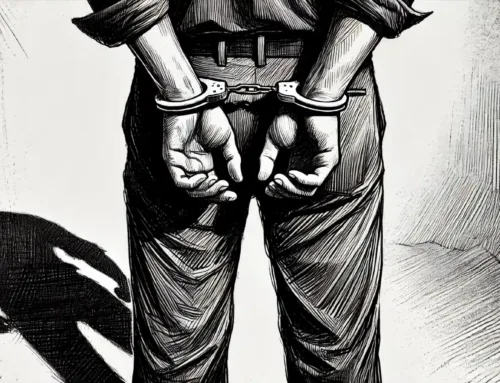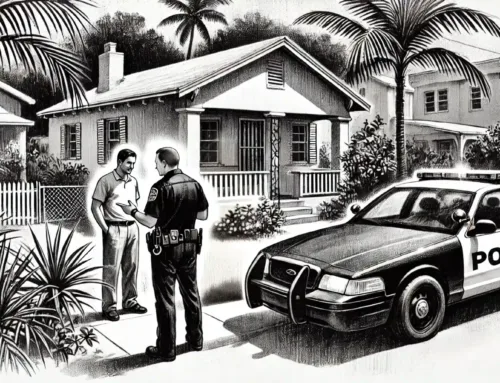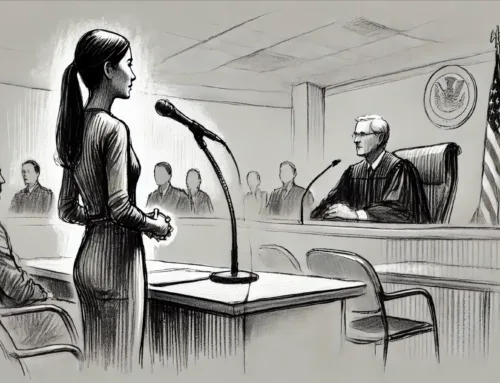How to Modify or End an Injunction for Protection in Florida
Injunctions for protection provide critical safety for domestic violence, stalking, dating violence, sexual violence, and repeat violence victims. These court-ordered restraining orders restrict a respondent’s contact with a petitioner.
But injunctions are not necessarily permanent. If circumstances change, you may wonder if you can cancel an injunction or how to remove an injunction in Florida. This article explains how to properly request modifications or dissolution if an injunction is no longer needed.
How Long Do Protection Injunctions Last in Florida?
Injunctions for protection can be issued for a fixed period, such as 6 months or 1 year. But many are effective until “further order of the court.”
These permanent injunctions without built-in expiration dates remain active indefinitely. They do not automatically expire unless officially modified or dissolved by the court.
Timing to Request Changes to an Injunction
For injunctions issued for a specific time frame, you must file a modification motion before that time period ends. Otherwise, the injunction will expire when the set duration passes.
But permanent injunctions without an expiration date can be modified “at any time.” You may file for injunction changes immediately or years in the future.
The right to seek modifications applies equally to the petitioner and respondent. Either party can request alterations to the injunction terms.
Who Can Ask the Court to Dissolve an Injunction?
In addition to modifications, respondents and petitioners can file a motion asking the court to dissolve an injunction entirely in Florida.
If granted, dissolution terminates the injunction permanently. All restrictions and conditions are ended.
A parent may also petition the court to cancel an injunction or dissolve one on behalf of their minor child. This allows a parent to act in the child’s interests as the protected petitioner.
How to Serve the Motion on the Other Party
For a motion to modify a domestic violence injunction, personal service is typically not required. The general rule is that once the initial petition and temporary injunction (if issued) have been served, subsequent motions and notices can usually be served by regular mail or other means provided in the Florida Rules of Civil Procedure.
What Must Be Alleged to Change or End an Injunction?
Florida law allows injunction modifications “at any time,” but courts disagree on exactly what must be pled. Motions with no allegations will often be denied.
Instead, you should allege:
- The specific modifications requested and why they are needed
- How circumstances have changed since the injunction was issued
- Why the current terms are no longer equitable or warranted
Stating a change in circumstances is key. For example, years may have passed with no contact or safety issues. Or parties have permanently moved away from each other.
To dissolve an injunction, allege how the circumstances leading to the original injunction no longer exist. Explain why continued protection would not serve a valid purpose.
Without alleging an adequate basis, a vague request can be summarily denied. Courts have the discretion to require specific changes in circumstances to be alleged.
Factors Considered for Injunction Modification or Dissolution
Judges weigh several factors when deciding injunction change requests, including:
- Time elapsed without additional violations or threats
- Life changes like moves, new relationships, or counseling
- An absence of any contact or safety concerns for an extended time
- Whether the victim still reasonably fears victimization
- If the injunction still provides needed protection
Courts also look at whether parties have been criminally charged with additional violations. New violations after the injunction weighs against modifications.
The circumstances of each case drive the court’s decision. But in general, the moving party must prove changed conditions making the injunction unnecessary or overly broad.
How to Request Dissolving an Injunction in Florida
If you need to dissolve an injunction in Florida, follow these key steps:
- Consult an attorney – An experienced lawyer can assess if you have grounds and the best approach.
- File your motion – Draft the motion alleging how circumstances have significantly changed, warranting dissolution.
- Serve the other party – Ensure proper service of the motion through law enforcement.
- Attend the hearing – Be prepared to present evidence on why the injunction no longer serves a valid purpose.
- Court’s ruling – The judge will decide whether to grant or deny the request to dissolve the injunction.
- Follow the terms – Abide by all injunction conditions until officially dissolved by the court. Violations can lead to criminal charges.
Without experienced legal counsel, seeking injunction changes can be very challenging. An attorney can advise your likelihood of success.
Getting an Injunction Dismissed in Florida
If granted, a motion to modify or dissolve will result in an order from the court outlining the changes.
For dissolutions, the court will issue an order stating the injunction is terminated and dismissed in full. This injunction dismissed order eliminates all restraints and conditions the injunction imposed.
But injunctions should never be ignored or violated based just on filing a dismissal request. The court must officially grant the motion first and dissolve the injunction for it to be ended.
Seek Expert Guidance on Ending or Modifying an Injunction
The injunction modification and dissolution process has strict requirements. Before taking any action, speak with an experienced attorney.
With legal guidance tailored to your situation, you can safely and effectively request any appropriate changes to an active injunction. Or, if warranted, properly petition the court to dissolve the protective order entirely.
CALL US for a FREE CONFIDENTIAL CONSULTATION at (305) 538-4545, or take a moment to fill out our secure intake form.* The additional information you provide will greatly assist us in responding to your inquiry.
*Due to the large number of people who contact our law office requesting our assistance, it is strongly suggested that you take the time to provide us with specific details regarding your case by filling out our confidential and secure intake form. The additional details you provide will greatly assist us in responding to your inquiry promptly and appropriately.
ALWAYS INVESTIGATE A CRIMINAL DEFENSE ATTORNEY’S QUALIFICATIONS AND EXPERIENCE BEFORE MAKING A DECISION ON HIRING A LAWYER FOR YOUR CRIMINAL CASE IN MIAMI-DADE COUNTY







